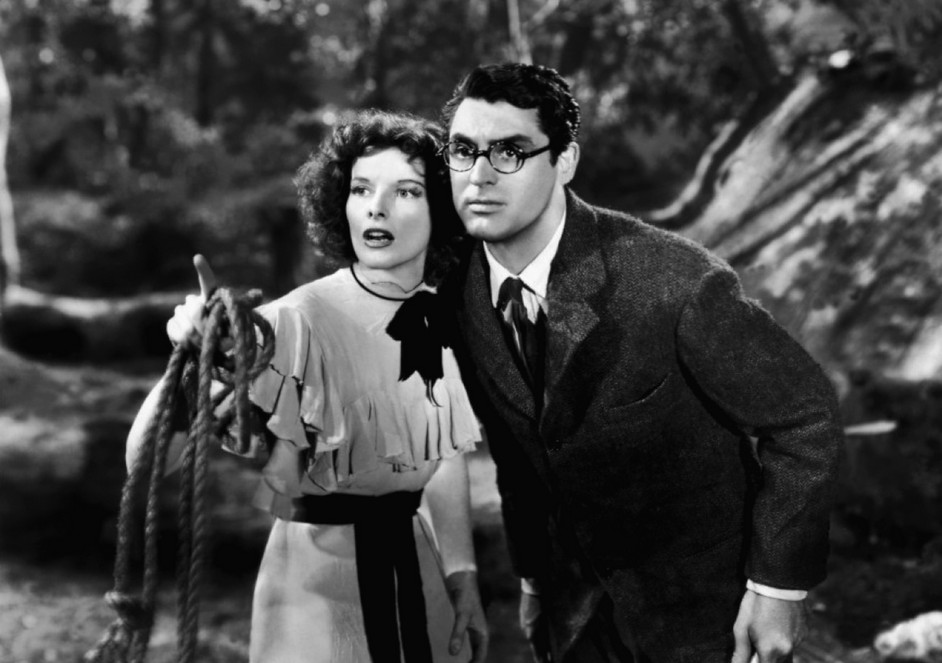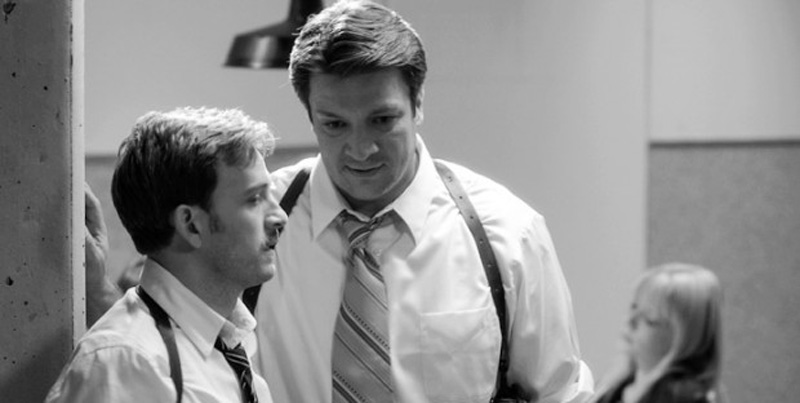
 Most of my blogging for the next several weeks will be done on the Ad Mare Usque Ad Mare page as we chase the end of summer and slowly work our way to the East Coast of Newfoundland.
0 Comments
 Bausch is a powerful and skilled writer. In “Peace” we follow the fortunes of four American soldiers climbing up an Italian mountain on a reconnaissance mission in 1944. The weather is miserable. Heavy never ending rain. They enlist the help (forced help really) of an Italian peasant who may or may not be a Fascist sympathizer. The men are cold, wet, homesick, cranky and expecting to be shot at, at any moment. Bausch makes us feel the cold, the wind, the sore feet and the bad dreams of each of these soldiers. He makes vivid the necessarily narrow focus of these men’s existence and delves into the ethical dilemmas they face as soldiers on foreign soil. Within this dark and unforgiving universe Bausch still manages to give his protagonist a chance to find “peace”, ephemeral though it may be. This is very impressive writing. I look forward to reading more of Bausch’s work. 8/10 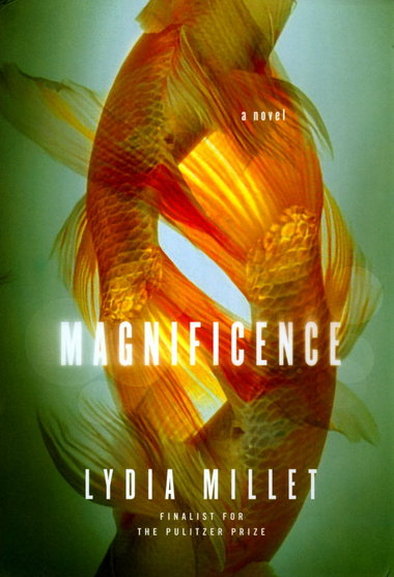 Magnificence is not magnificent. I say this after reading through half the novel. I can go no further. I do not make this judgement lightly, especially upon an author whom, not long ago, I professed to be my favourite new writer. In Magnificence, Millet continues to follow the fortunes of characters introduced two books ago. In How the Dead Dream we first meet ‘T’, and unlikely capitalist hero, who ends up being lost in the jungles of Belize. In the second book, Ghost Lights, we follow the fortunes of Hal who goes out to look for him. Finally, in Magnificence, in great psychological detail, we delve into the life of Susan, Hal’s husband. Susan blames herself for her husband’s death. Logically the blame is indirect, at best. Nevertheless, again and again she refers to herself as a murderer, to the point where, as a reader, I cannot help declaring “the lady doth protest too much.” I do not like Susan and do not sympathize with her angst. I like her boss, T, much more, but he has only a small role to play in Magnificence. I like Susan’s daughter, Casey, but again, she is a minor character. The great plot-changer in the first half of Magnificence comes when Susan inherits a great stately home in Pasadena. Its scores of rooms are adorned with the heads of wild animals from all over the world. Susan is both haunted and entranced by these heads. They seem to have deep symbolic meaning for her. But after 136 pages, I have to ask myself, what has really HAPPENED in the book? Reluctantly, I have to say that, for me at least, this is a BORING book. Of course, I have only read half of it. Maybe breath-taking revelations are just around the corner. Maybe the pace picks up mightily. But honestly, Lydia Millet, how patient do you expect your readers to be? With Magnificence I hope Millet has at least put an end to this trilogy. The first book was wonderful, the second, pretty good. But now it’s time to move on to new material. 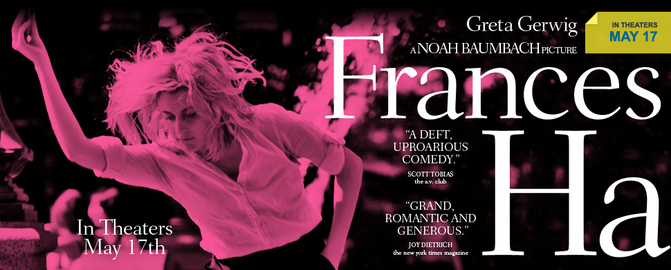 To call a movie “heart-warming” would be almost the kiss of death in some circles. It would imply a kids’ movie, or at least a story involving a lost and shaggy dog. “Frances Ha” is neither of things. Frances, played brilliantly by Greta Gerwig, is a young woman living in New York trying, not very successfully, to make her way as a dancer. Despite set-back after set-back, including what seems like the loss of her best friend, Sophie, Frances refuses to be crushed by circumstance.  Very poignant for me is a montage of little scenes, where Frances returns to visit her parents in California. For Thanksgiving, I think. How perfectly it captures the sense of disconnection Frances feels. Here is a world she can never return to. Familiar yet alien. She is surrounded by familiar voices and familiar conversations but none of them seem relevant anymore. In this part of the movie, and in all parts really, the writing is superb. Every bit of dialogue seems authentic. One cannot imagine wanting to change a single word. How extraordinary to discover that Gerwig not only gives us a dazzling performance as the film’s central character, but is also co-writer of the movie! It is impossible for the audience not to be sucked in to Frances’s world. We root for her, almost from the beginning. An underdog, but not in any clichéd Hollywood sense. She is a layered and quirky character. “Undateable” as one of her close friends likes to call her. Though clearly everyone watching her exploits thinks she is extremely dateable and only needs to find the right person. Most surprising and wonderful of all, however, is that this rather strange romantic-comedy is really not about sex at all, neither between man and woman nor woman and woman. It is about friendship. It is a hymn to best friends who, in this case, just happen to be two women. And how beautifully the tale is told. One leaves the cinema feeling good for Frances and optimistic about the possibilities of human relationships in general. Bravo, Frances! http://en.wikipedia.org/wiki/Frances_Ha  Wernher von Braun, the principal "lunatic" in my novel. Wernher von Braun, the principal "lunatic" in my novel. Working on yet another draft on Lunatics, this time with these particular commandments in mind: · Show, don’t tell. · Get to the action right away. Explain later. · Remove as many adjectives and adverbs as possible. · Start scenes later and end them earlier. · Raise the stakes. Every scene should be about Death (physical, professional or psychological.)
KILL YOUR DARLINGS! That is, get rid of everything that is probably only of interest to you, the writer. DON’T BE BORING!!! 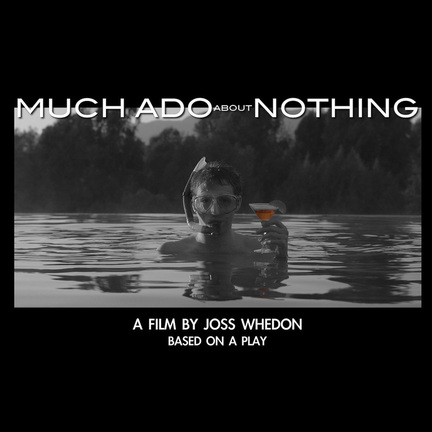 I’m not a ‘purist’ when it comes to film adaptations of Shakespeare’s plays. I don’t expect the actors to be forever prancing around in tights and spouting Laurence Olivier-flavoured oratory. But ‘modern’ adaptations can sometimes inject just a little too much of the director’s personal vision for my taste. This is not at all the case in Joss Whedon’s “Much Ado About Nothing”. It’s a sparkling interpretation. Fast paced (with such a script, how could it not be?) Uproariously funny, yet with a hint of tragedy in the wings. Amy Acker is wonderful as Beatrice and Alexis Denisof equally good as Benedick. The movie is shot entirely in black and white, a reference apparently to the screwball comedies of the 30’s and 40’s such as “Bringing Up Baby” which I, for one, have always loved. 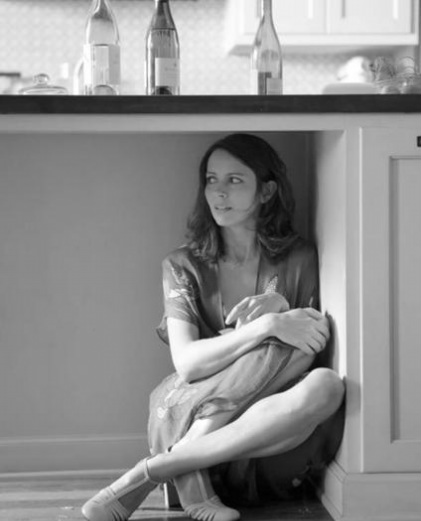 Watching the movie in Nelson’s newly refurbished movie theatre was a joy. Especially hearing the belly-laughs from fellow spectators as they watched Benedick’s strange contortions, as he struggles to keep out of sight while overhearing his friends speak of Beatrice’s unexpected love for him. I gasped and laughed simultaneously as I watched Beatrice, laundry basket under her arm, crash down some stairs the moment she learns of Benedick’s equally unexpected love for her. How marvelous to see that old William hasn’t lost his touch.  Any production of Much Ado must give ample opportunity for Dogberry and his crew of misfits to shine, and Whedon doesn’t disappoint. Nathan Fillion admirably avoids the temptation to make Dogberry quirky. His Dogberry is utterly serious and sincere which makes his malapropisms doubly funny. In his very last scene, he and Verges try to make a dignified exit, only to approach their car and realize that the keys are in the vehicle and they have locked themselves out! A bit I’m sure Shakespeare himself would have used if he could. I very much enjoyed Kenneth Branagh’s 1993 production of Much Ado which was very different in style, yet I can’t say I enjoyed Whedon’s less. Is there a greater tribute one could give to Shakespeare than to declare his work capable of multiple interpretations, each equally good? Bravo, Mr. Whedon. You have added to the canon of Shakespearean film a fine movie, rewarding both for the novice and connoisseur. |
Brian d'Eon, fiction writer: whose work modulates between speculative, historical and magical realism. Categories
All
|

